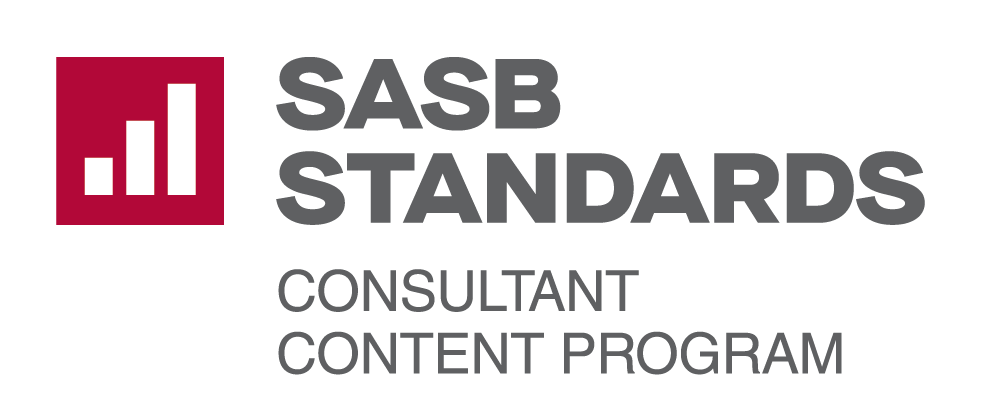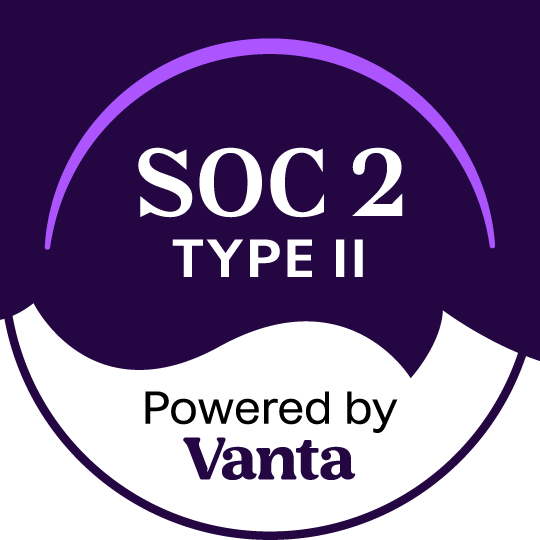Overview
Introduced: April 2021 (European Green Deal)
Effective from: January 2023
Last modified: April 2025 (scope revisions & timeline updates pending final adoption)
Region(s): European Union, applicable also to qualifying non-EU companies
About
The Corporate Sustainability Reporting Directive (CSRD) mandates comprehensive sustainability reporting from EU-based companies and certain non-EU companies operating significantly within the EU. It introduces the “double materiality” concept, requiring businesses to report both how sustainability impacts their financial health and how their activities affect society and the environment.
The directive aims to standardize and enhance transparency in corporate sustainability reporting, empowering investors, regulators, and the public with reliable ESG information critical to achieving the EU’s climate neutrality by 2050.
Criteria for compliance
EU companies:
Must meet at least two of the following three criteria:
-
Over 250 employees
-
Net turnover exceeding €50 million
-
Total assets above €25 million
Non-EU companies:
Applicable if they generate over €150 million in annual turnover within the EU and have either:
-
A large EU-based subsidiary, or
-
An EU branch office with turnover exceeding €40 million
Note: April 2025 proposed revisions suggest narrowing compliance to companies with over 1,000 employees and raising thresholds for non-EU entities.
Compliance timelines
-
FY 2024 (reporting in 2025): Companies previously subject to NFRD
-
FY 2027 (reporting in 2028): Other large EU companies
-
FY 2028 (reporting in 2029): Listed SMEs and small financial institutions
-
FY 2028 (reporting in 2029): Non-EU companies meeting turnover and presence criteria
Disclosure requirements
The ESRS provide a detailed framework for sustainability disclosures required under the CSRD. There are 12 standards across four categories:
General Standards (ESRS 1 & 2):
-
Governance, strategy, business model, risk management, metrics
Environmental (ESRS E1–E5):
-
Climate change (Scope 1, 2, and 3 GHG emissions)
-
Pollution, water, biodiversity, circular economy
-
Transition plans to achieve net zero
Social (ESRS S1–S4):
-
Workforce, human rights in value chains, communities, consumer protection
Governance (ESRS G1):
-
Business ethics, board composition, anti-corruption measures
Other obligations:
-
Conducting a double materiality assessment
-
Disclosing strategy, policies, and governance of sustainability issues
-
Integrating ESG disclosures into annual management reports in a machine-readable format
-
Reporting on targets, progress, and transition plans aligned with net-zero by 2050
Third-party auditing
-
Limited assurance is required starting from the first year of reporting
-
Reasonable assurance expected in future phases
-
Assurance must validate ESRS compliance and data integrity
Penalties for noncompliance
Each EU Member State determines penalties. These typically include:
-
Substantial fines based on company size or turnover
-
Public disclosure of noncompliance
-
Legal and reputational risks






